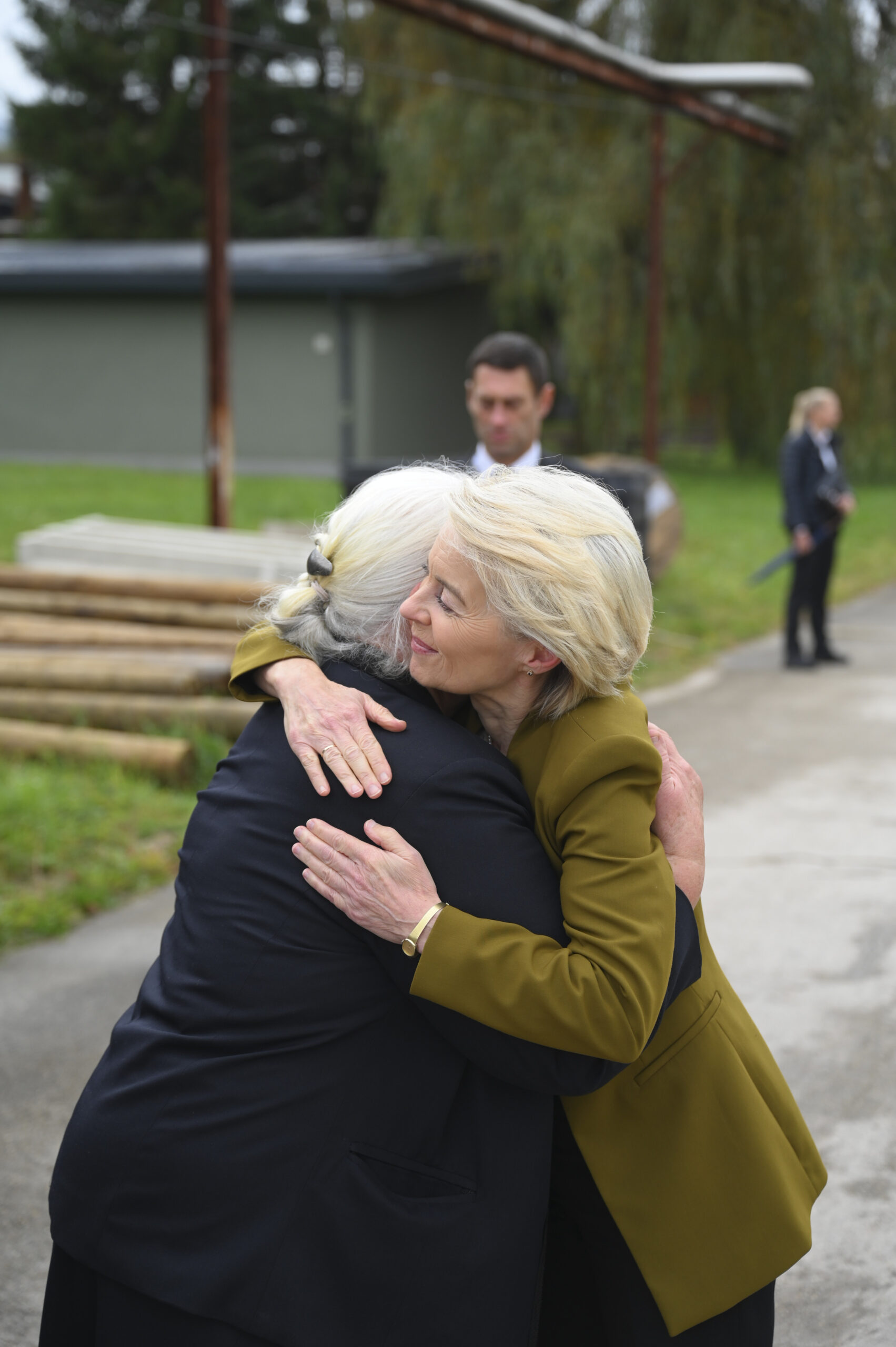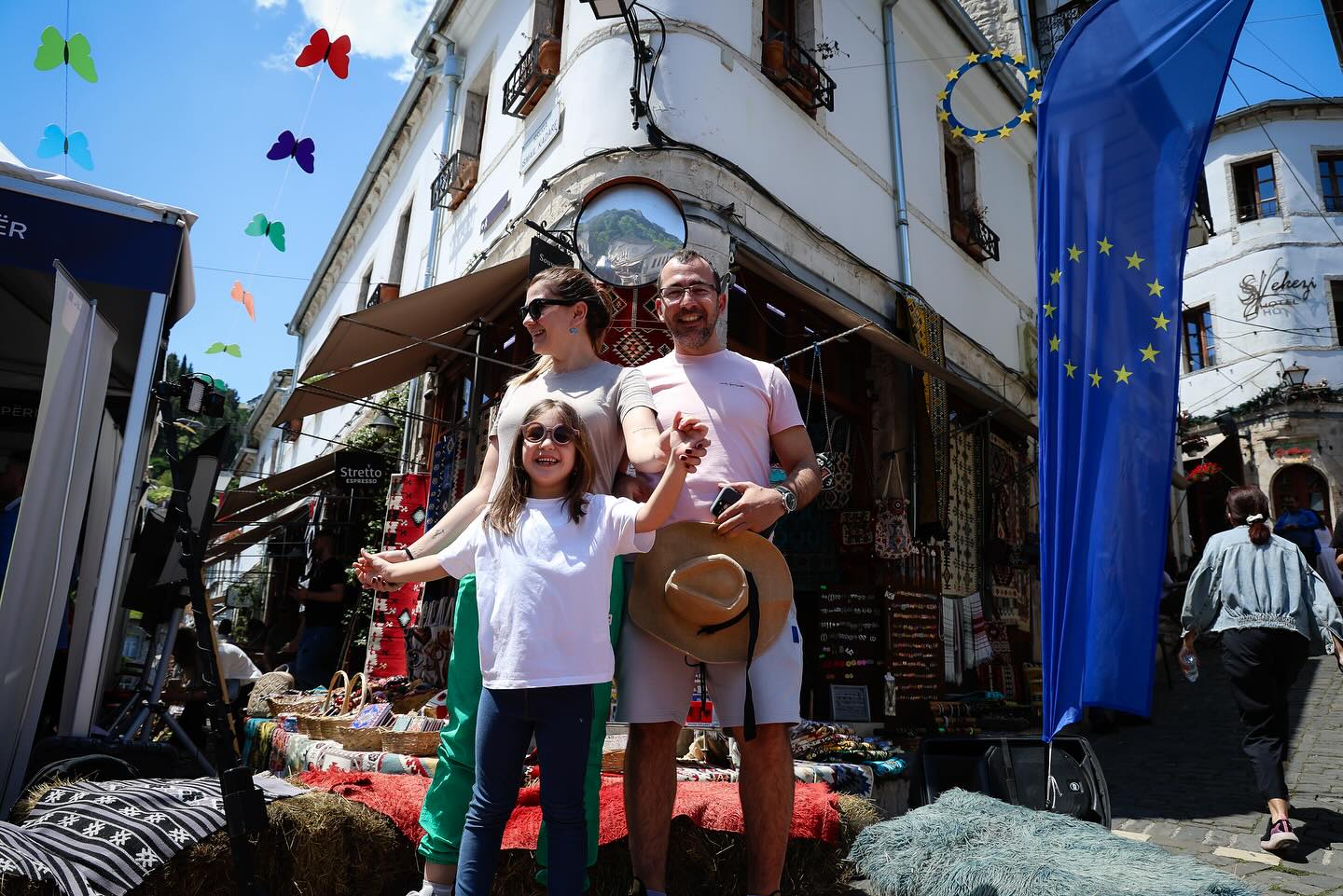Inside the Mind of Willem Dafoe: Lessons from His Sarajevo Masterclass
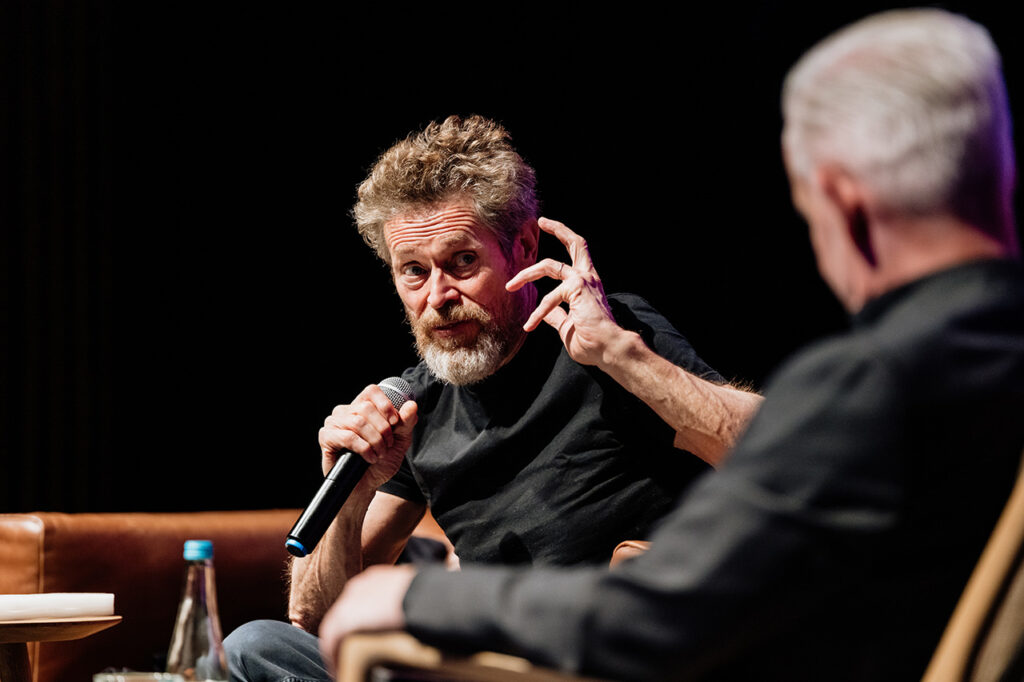
Inside the Mind of Willem Dafoe: Lessons from His Sarajevo Masterclass
By Teodora Ružić
During my stay at the Sarajevo Film Festival, I had the opportunity to meet the incredible Hollywood actor Sir Willem Dafoe and attend his masterclass.
To say that this was the highlight of my stay there would be an understatement. His masterclass was one of the most educational and inspirational sessions I have ever had the opportunity to attend. In this blog, I will take you closer into the mind of Willem Dafoe and share some of the valuable insights I gained from him about acting and film.
At the beginning of the masterclass, Neil Young, who was the moderator, guided us through the life and early career of Mr. Dafoe. We also touched on his upbringing. Mr. Dafoe grew up in Appleton, Wisconsin. He started his career in theatre as a young man and later moved to New York City to pursue acting more seriously. Interestingly, neither of his parents were involved in the industry – they were both doctors. Speaking about his early career and time in New York, Dafoe said:
“Living in NYC there was kind of an amateur love, and there was a community of people making things. Of course, it wasn’t always professional, but the interesting part was, it was never career-minded, it was surfing the energy of youth. It was about who you were hanging out with, who you were inspired by… Nobody was thinking about tomorrow. That was a beautiful condition to grow up in, and this theatre company (where he started his career) was very much that. It was a true company in that we worked every day.”
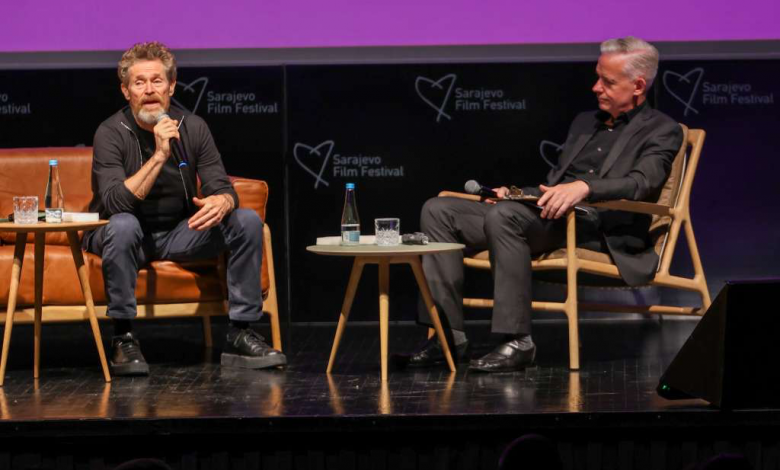
We then talked about his first appearance in film. The first movie he appeared in was Heaven’s Gate (1980). We saw a short clip of his performance in this film, and to say that it was brilliant is not enough. Hearing about the paradox between his theatre acting and his film acting was fascinating. As an amateur actress myself, I know that acting on stage and acting in front of a camera are very different. Theatre depends entirely on the momentum and the immediacy of the moment you deliver your line or performance. Film acting, however, requires you to stay in character for a long time, but it also gives you the opportunity to repeat your lines if needed. This is what Dafoe also emphasized and found particularly interesting.
We even spoke briefly about his physical appearance, his hair in particular. In every film, it changes, and he has never had the same hairstyle twice. One of the clips we saw was from Shadow of the Vampire (2000), where he was almost unrecognizable. That, in a way, is his signature: he fully immerses himself in each character, with no repetition, making every role entirely unique. In The Lighthouse (2019), alongside Robert Pattinson, there is a scene where Dafoe’s character is buried alive. Describing this experience, Dafoe said:
“It was cold, I hate the cold. I couldn’t feel my body anymore, I had dirt in my mouth, and it was a pretty long take as well. But this is what it takes to be an actor.”
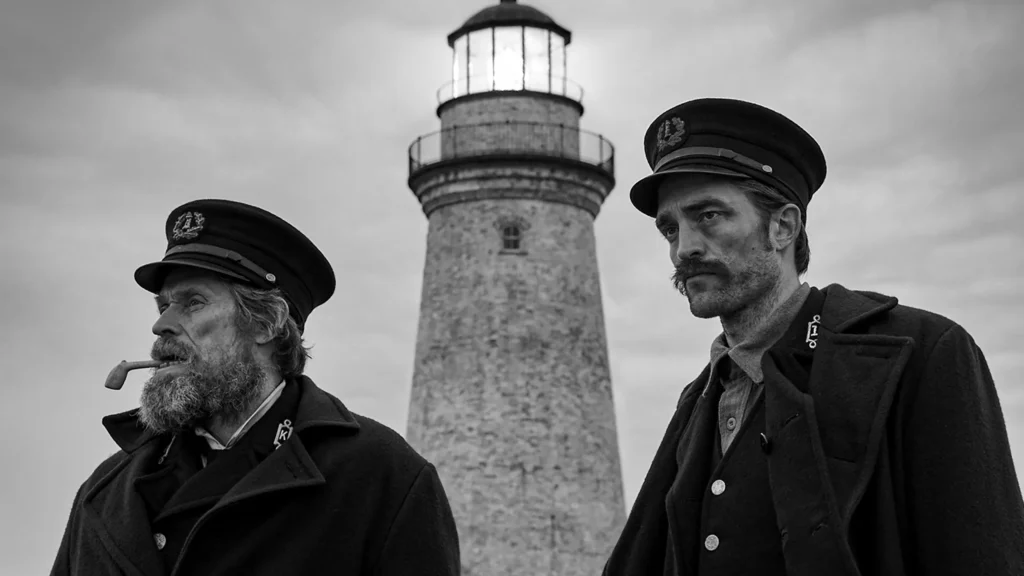
Reflecting on his early days, he admitted he was confused about what he was supposed to do and even ask for. He said:
“I didn’t know anything. What do I ask for? How much money should I ask for? And then I did that movie and I enjoyed it, so slowly I started making movies.”
That first film, Heaven’s Gate, made him realize he wanted to continue with film and that he enjoyed the experience of being a film actor.
Neil Young later asked him whether he had ever considered becoming a director, but Dafoe responded:
“No, I never thought about becoming a director. It’s not for me. When I get a job and I’m working, I listen to what the directors say, what they see, and I try to embody it. Sometimes they see things that aren’t even part of my vision, but that’s part of the fun. Part of the interesting thing, the excitement and learning, is going towards someone else’s vision, because you always learn something and it always challenges your perceptions, your prejudices, and conditioned responses. That’s one of the things I love about performing, it’s the opportunity to challenge yourself. You’re trying to be flexible and see things as they really are, stripping away preferences that are based on conditioning.”
We also touched on some of his most famous appearances, including Wild at Heart (1990), directed by David Lynch. He recalled:
“When David called me I was flattered – he is an artist. He wouldn’t direct you conventionally; sometimes he’d say abstract things like, ‘Willem, you know when you start this you’re kind of like green, and then you become brown.’ So it was a very interesting experience working with him.”
After this beautiful insight into his career and life, the audience had the chance to ask questions. Unfortunately, I wasn’t lucky enough to ask mine, but one question that stood out to me was: if Willem Dafoe had the chance to work with any director, alive or dead, whom he had never worked with before, who would it be? He replied:
“I know this is a little controversial, and this director is pretty hard to work with – his ideas and ways of directing are very unique, but I would have loved to have had the opportunity to make something with Kubrick.”
Having the chance to see one of my idols in front of me, speaking about film and acting – the two things I love the most – was an unforgettable experience that brought me so much inspiration. I want to thank Willem Dafoe for coming back to Sarajevo after more than 20 years and bringing us closer to the world of cinema.
